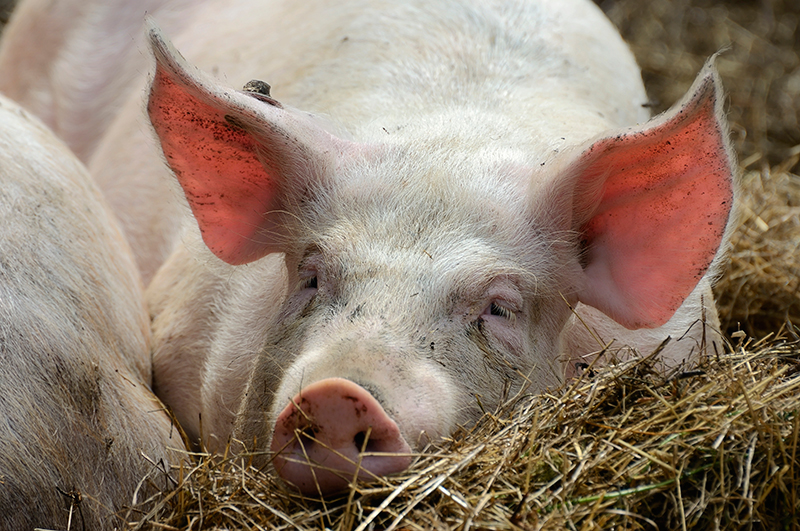
Snippets from The Reduced Law Dictionary by Roderick Ramage
Crown Estates
The Crown Estates are the property which William I acquired by right of conquest as augmented or depleted by subsequent monarchs. On his succession, George III surrendered the income (but not ownership) of the Crown Estates, except income from the Duchy of Lancaster, and in exchange was relieved from the cost of the civil government and the existing national and his personal debt and given a fixed civil list payment. The Civil List continued until the Sovereign Grant Act 2011 replaced it with the Sovereign Grant, the amount of which is, at present, 15%, of the income of the Crown Estates.
Pigsty as nuisance
In Alfred’s case (1610) the plaintiff took action against Mr Benton, who had built a pigsty so close to the plaintiff’s house “that the air thereof was corrupted”. The court held that the nuisance was actionable, as are actions by an owner of property for interference with his right to air or light, or for infecting and corrupting the






.tmb-mov69x69.jpg?sfvrsn=16d9dd3d_1)


